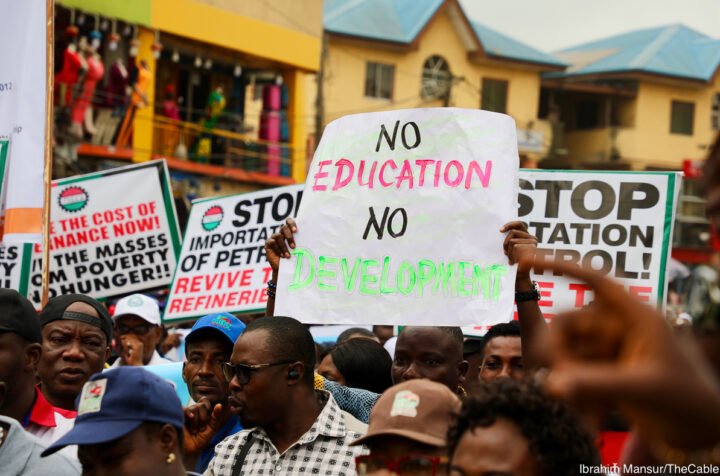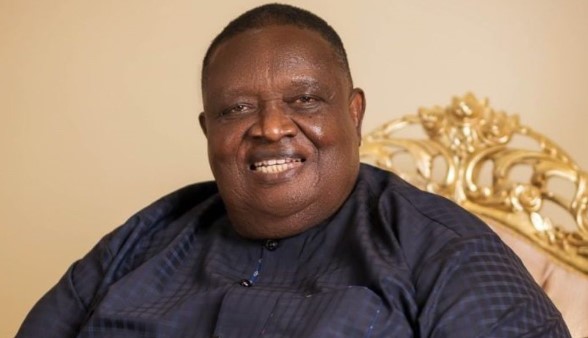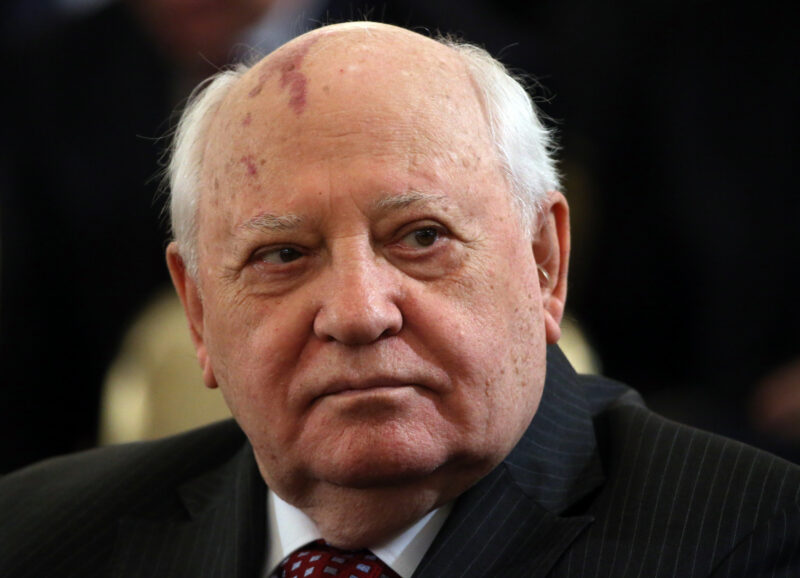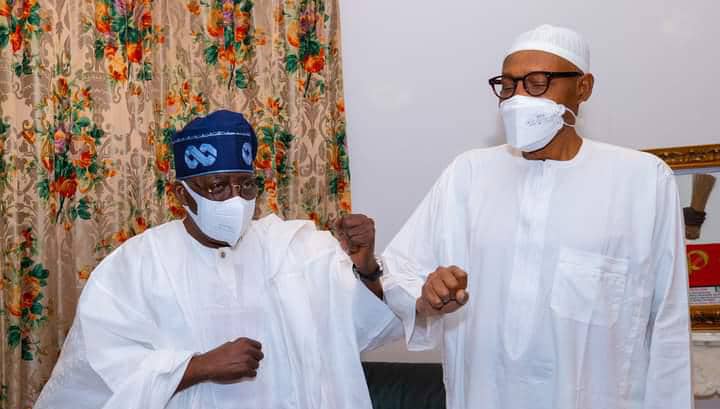The decision by the Academic Staff Union of Universities (ASUU) to proceed on an indefinite strike has to be one of the most asinine decisions ever taken by the union. The union has been on strike since February 14 and I expected that last weekend I will hear that they have suspended the strike and continue negotiations with the government.
Insanity they say is doing the same thing all the time and expecting a different result. ASUU has been going on strike since the military era and the union has become synonymous with strikes.
What are the issues presently? Funding for the revitalisation of public universities, earned academic allowances, university transparency accountability solution (UTAS), and promotion arrears. Others are the renegotiation of the 2009 ASUU-FG agreement and the inconsistency in the integrated personnel payroll information system.
However, the federal government said the FG had addressed 80 percent of the union’s demands, noting that the extension of the strike was unreasonable. The federal ministry of education, speaking through its director of press and public relations, Bem Goong, said: “If you bring some demands and almost 80% have been attended to, there is no need to drag the strike anymore.”
Advertisement
According to him, “It is unreasonable for the strike to be lingering since the government has worked towards fulfilling most of the demands”.
I don’t think this blamestorming is helping anyone. Right now all I see is just a clash of egos and the students are the worst hit.
ASUU is supposed to be a body of intellectuals and I expected a better response from them. The ASUU president in all his interviews on TV is always angry. What I expected from the union is for them to suspend the strike and go back to the negotiation table. Engage the top presidential candidates. Ask them what are their plans for education and all. The administration of President Muhammadu Buhari is at the departure lounge and ASUU should be looking at the next administration.
Advertisement
Indeed, the next president of Nigeria has some difficult decisions to take when he assumes office. One of the payments of subsidy and the ASUU problem. Personally, I feel the present funding model is no longer sustainable. Increasing tuition fees is inevitable and that is one decision successive governments have been willing to undertake.
No doubt, the biggest blame for all this lies squarely on the federal government. Most times they sign agreements they know in their heart are difficult to implement. They do that in most cases to buy time.
To be sure our tertiary is funded wholly by the federal and state governments. Currently, there are 49 federal and 54 state universities in Nigeria. Most federal universities don’t charge tuition fees.
Tertiary institutions need to think of creative ways of generating revenue instead of waiting for handouts from the governments and tuition fees which is never enough to run the institutions.
Advertisement
Besides, how do Ivy League universities across the world raise revenue? For instance, Harvard University diversified revenue portfolio relies on three main sources of revenue: education or tuition, sponsored research, and philanthropy.
Harvard had a University-wide surplus of $298 million in the fiscal year 2019, up from $196 million in 2018, according to Harvard’s annual financial report. The largest source of University revenue was distributions from Harvard’s more than $40 billion endowments, which made up 35 percent of total revenue. Tuition, at 22 percent of revenue, and research grants, at 17 percent, were the next-largest revenue sources.
Nigerian tertiary institutions can adopt a similar model.
For instance, they can adopt the endowment model. Endowments are a major source of revenue for most tertiary institutions in the world. It is instructive to note that an endowment is money that’s invested in a college or university to support its mission. Schools that receive endowments may use this money to fund research projects or to expand aid packages for eligible students.
Advertisement
The elephant in the room is the increment of tuition fees for tertiary schools. The argument is most parents cannot afford tertiary education for their wards if the fees are raised astronomically.
I strongly suggest the student loan option for students who cannot afford the fees.
Advertisement
Granted, funding of the education sector has been beggarly by successive administrations and we agree this has to change. The resort to strikes by the lecturers at any given opportunity is archaic and primitive.
Instructively, reports by an online medium, showed that Nigerian lecturers had gone on strike 15 times since 1999. The entire period they embarked on such a strike spanned about 50 months. This represents about one-fifth, or 20 percent, of the number of years since the dawn of democracy in Nigeria (1999).
Advertisement
This means that for every five years since 1999, Nigerian universities spent one on strike. This wickedness must stop.
Indeed, the universities are in bad shape in several spheres. This malaise is not peculiar to the education system alone as virtually all sectors in the country are comatose. It’s a national emergency.
Advertisement
The current funding model of our tertiary education has to change to make headways and end strikes once and for all.
Views expressed by contributors are strictly personal and not of TheCable.







